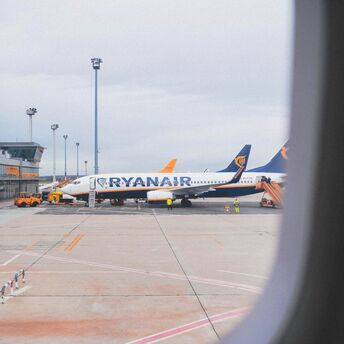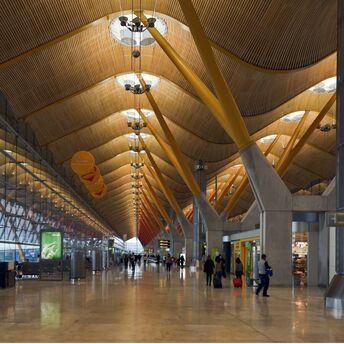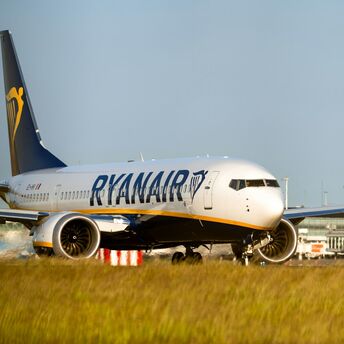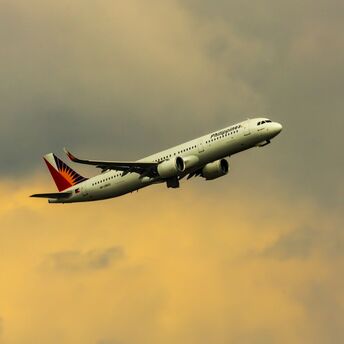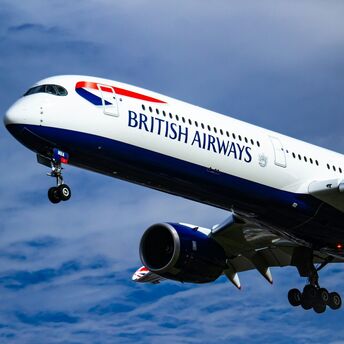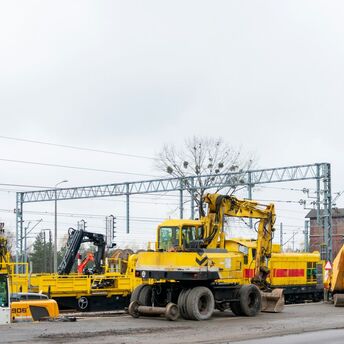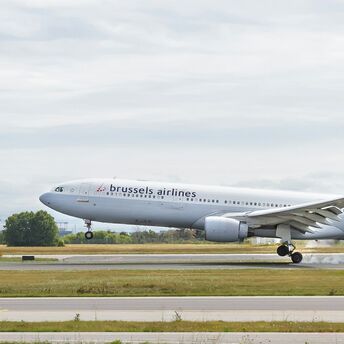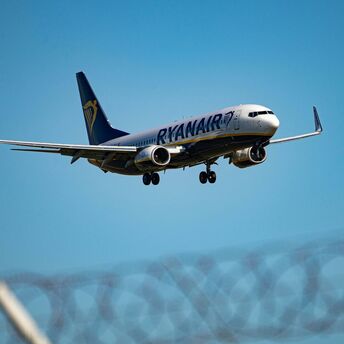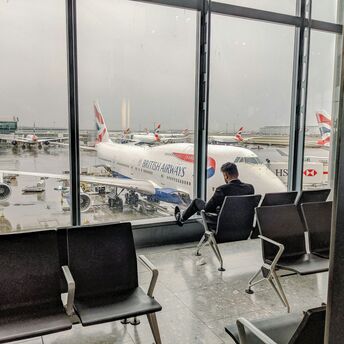UPS Freighter Returns to Sydney After Fuel Leak Mid-Flight
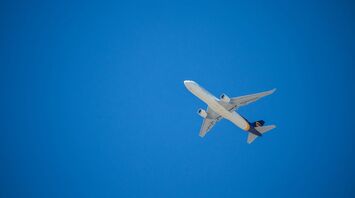
A recent UPS Airlines flight between Sydney and Shenzhen was forced to return to Sydney Kingsford Smith Airport after encountering a fuel leak. The incident occurred on Saturday, July 13, shortly after the flight, carrying three crew members, had departed Sydney at 19:36. The almost 25-year-old Boeing 767-300F(ER), registered as N331UP, was at 34,000 feet over the Culgoa Floodplain National Park when the pilot decided to turn back. The aircraft landed safely in Sydney 65 minutes after departure.
Incident Details
Flight 5X-152 was scheduled to fly from Sydney Kingsford Smith International Airport (SYD) to Shenzhen Bao'an International Airport (SZX), with an estimated arrival time of 02:57 the following day. The aircraft, which holds serial number 27757 and is powered by two General Electric CF6-80C2B6F engines, was delivered new to UPS on September 9, 1999. According to Flightradar24, the affected plane remained on the apron overnight and resumed operations the following day, departing Sydney at 20:22 for Incheon International Airport (ICN) near Seoul, South Korea, without further incident.
UPS Airlines Overview
UPS Airlines, based in Louisville, Kentucky, is a major American cargo carrier. It operates extensively from Louisville Muhammad Ali International Airport (SDF), known as UPS Worldport, one of the busiest cargo airports in the United States. Since its inception as a wholly-owned subsidiary of the United Parcel Service in 1988, UPS Airlines has grown to fly to 815 destinations worldwide. The carrier operates a hub-and-spoke model with a 5.2 million-square-foot facility in Louisville and additional hubs in Canada, China, England, Germany, Malaysia, the Philippines, and Puerto Rico.
Understanding Fuel Leaks
An aircraft’s fuel tank is crucial for maintaining flight, similar to how lungs are essential for breathing. A fuel leak can cause the aircraft to run out of fuel mid-flight, leading to potential engine failure and fatal accidents. Airline staff must conduct thorough inspections and maintenance of fuel tanks while on the ground to prevent such occurrences. Fuel leaks are among the more common mechanical diversions in aviation, necessitating immediate attention and action to ensure safety.




